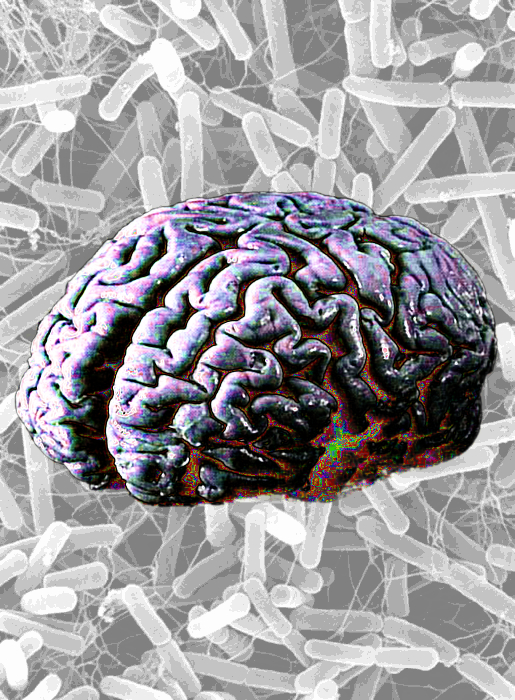Alzheimer's vaccine tested
 Experts have reported back after Phase II trials of an Alzheimer's vaccine.
Experts have reported back after Phase II trials of an Alzheimer's vaccine.
Researchers in Europe are working on a vaccine that slows accumulation of a protein that indicates neurodegeneration.
The vaccine candidate dubbed ‘AADvac1’ was found to be both safe and capable of eliciting an immune response in patients with mild Alzheimer’s disease (AD), according to a phase 2 clinical trial.
However, AADvac1 did not detectably impact cognitive decline in patients.
The accumulation and spread of toxic forms of a protein called tau in the brain of patients with Alzheimer’s is a pathological hallmark of the disease.
It is thought to be responsible for the widespread death of neurons that ultimately leads to dementia.
The vaccine candidate is designed to decrease the levels of toxic tau proteins and help slow cognitive decline in patients.
In the phase 2, randomised placebo-controlled trial, researchers administered several doses of the peptide vaccine AADvac1, or placebo, to 196 patients (mean age 71.4 years) with mild Alzheimer’s disease and monitored the vaccine’s safety, immunogenicity - its ability to stimulate an immune response - and clinical efficacy over two years.
The authors found that the vaccine was safe and that it led to high levels of antibodies against the vaccine’s peptide in the treated group.
However, the vaccine did not lead to statistically significant positive or negative effects on cognition in the whole study sample.
Exploratory analyses suggested that AADvac1 slowed the accumulation of plasma neurofilament light-chain protein (NfL) - a marker of neurodegeneration.
The authors conclude that although AADvac1 was well tolerated and led to an immune response against tau, it did not result in statistically significant cognitive benefits, potentially because a number of patients did not have Alzheimer’s disease tau pathology or of the study’s small sample size.








 Print
Print